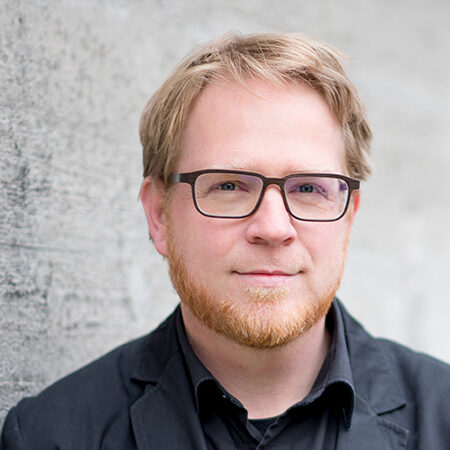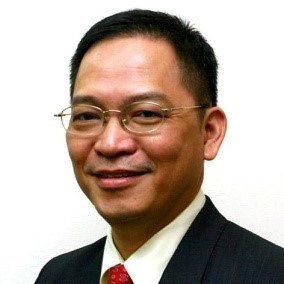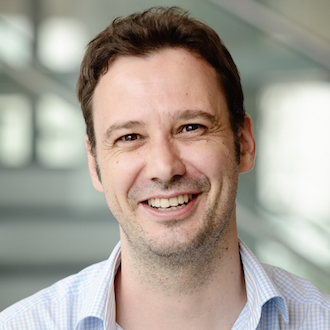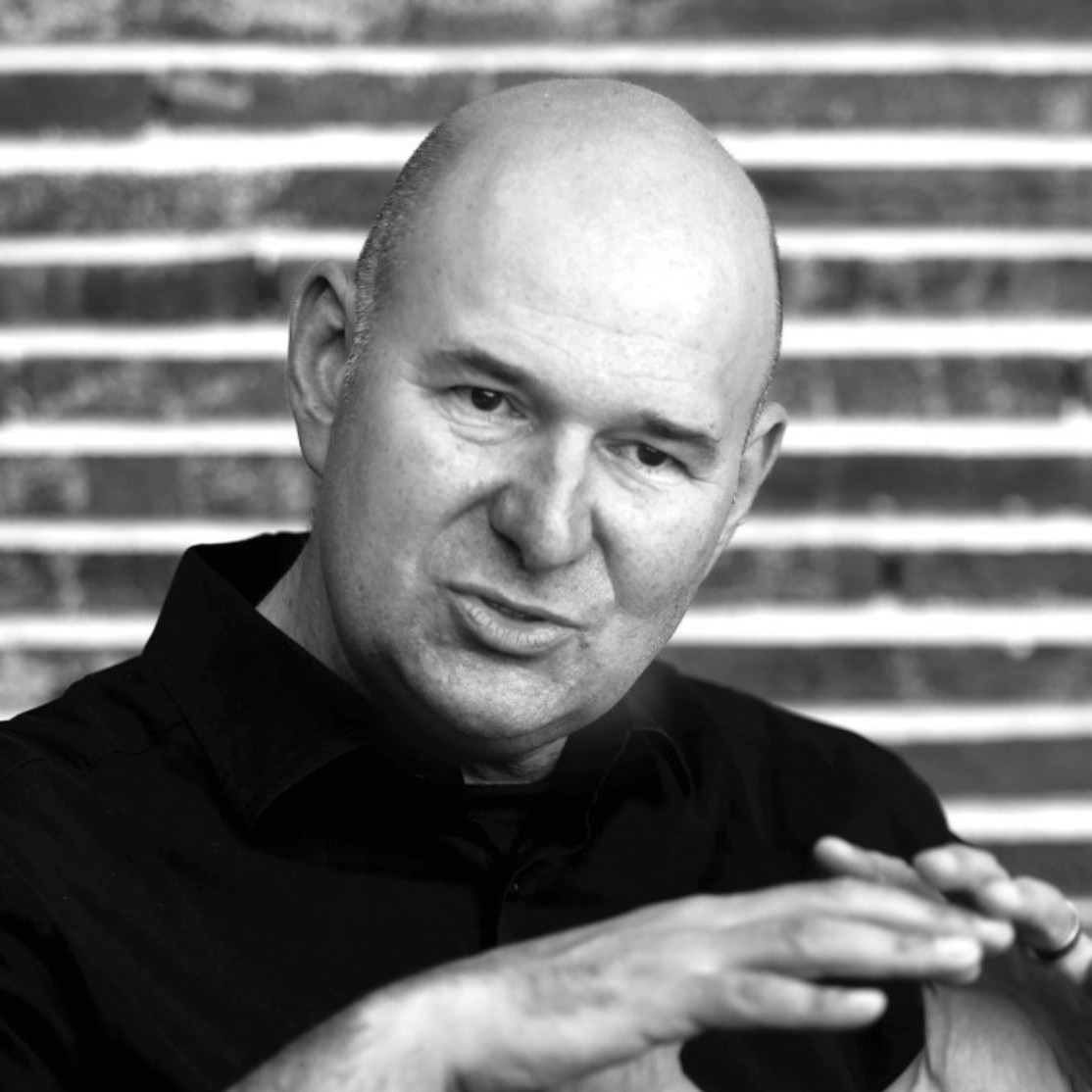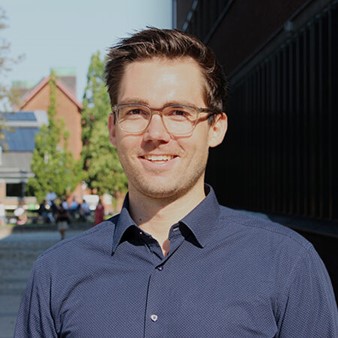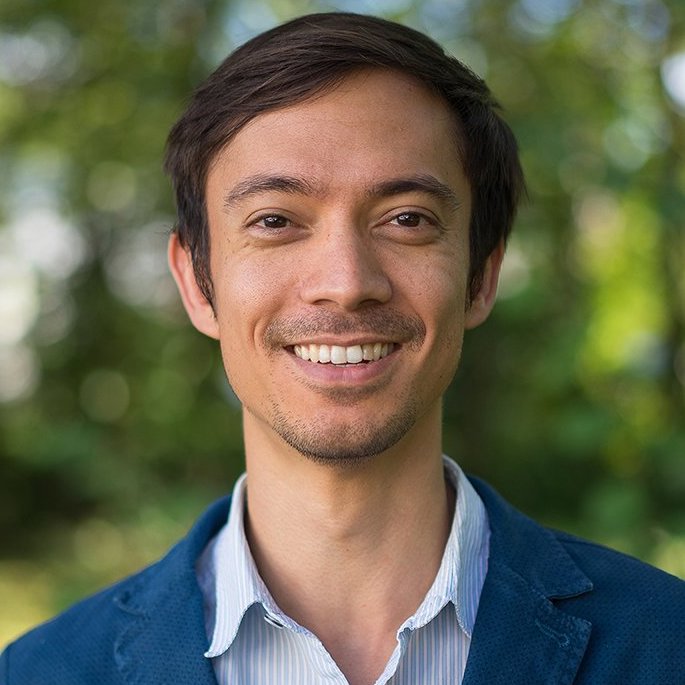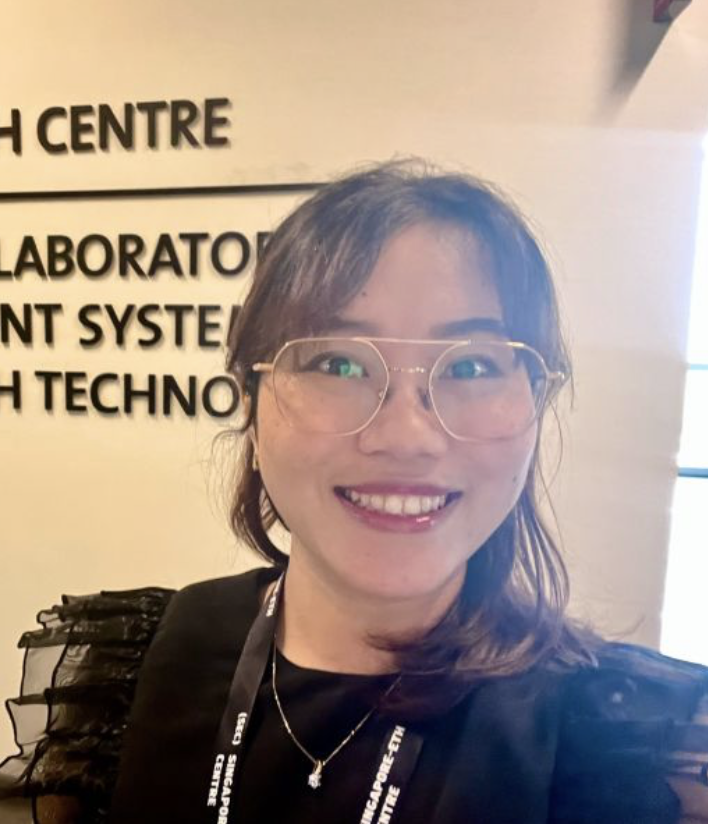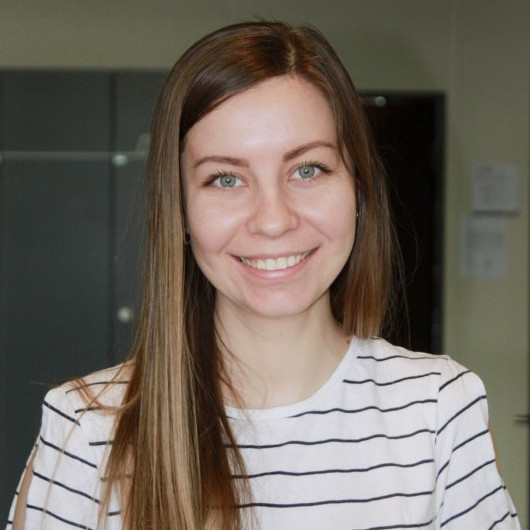Urban Building Integrated Photovoltaics
The Powering the City (POW) research module finds architectural, technical, infrastructural, and socioeconomic solutions to a large-scale urban decarbonization by increasing solar energy production on buildings.
The research includes the development of holistic, multi-scale and interdisciplinary approaches for assessing large-scale deployment of (building integrated) photovoltaic in realistic urban contexts under different climatic, socioeconomic, and architectural conditions. Zurich and Singapore are used as complementary case studies, as we interact with educators, public stakeholders and agencies to directly apply research into practice by receiving feedback and providing training on toolboxes developed. The guiding question of the FCL Global: Powering the City research module is:
“How can Photovoltaics (PV) on buildings optimally support urban energy and materials efficiency?”
The module thereby investigates the techno-economical, environmental, social, as well as architectural feasibility of a large-scale deployment of urban PV, specifically facade-integrated (BIPV) and attached (BAPV) systems. Revolving around it, there are four work packages (WP):
WP 1 – Energy & Design: Investigates topics on urban and building energy demand, renewable potentials, retrofitting pathways, next-generation decentralized and renewable energy systems, architectural design, and generative design methods.
WP 2 – Mobility: Investigates urban mobility demand and patterns, electric vehicles and grid interactions, vehicle-to-grid, synergies with localized renewable PV generation, potential of EVs to alleviate the duck curve (demand & supply mismatch).
WP 3 – Life Cycle Perspective: Investigates PV deployment and retro-fitting interventions from a life cycle environmental perspective, and develops high-resolution LCA calculators for PV systems and low-impact BIPV solutions.
WP 4 – Socioeconomics: Investigates drivers and barriers of urban PV deployment, market mechanisms, business models, novel concepts for local energy trading, and their significance on PV investment decisions, and conducts user surveys and interviews to understand social and behavioral implications of BIPV.


